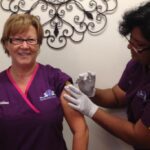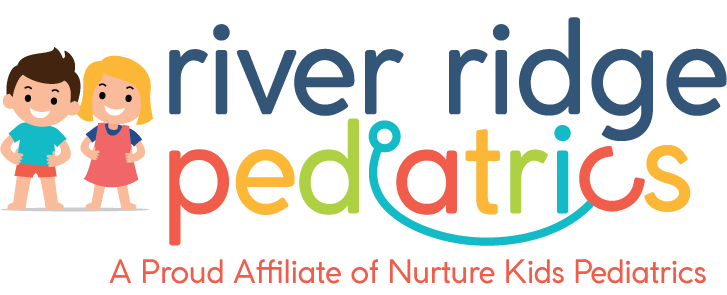Upper Respiratory Virus (RSV) Season is Here
Upper Respiratory Virus (RSV) Season is Here
The Respiratory Syncytial Virus is a winter virus that causes upper respiratory infections in mostly older children and adults. But newborns, especially those born prematurely, can suffer severe consequences when infected.
 Each year, 2.1 million children younger than 5 years of age in the United States develop an RSV infection requiring medical attention, says Dr. Caroline Breese Hall, an expert in infectious diseases in children. RSV causes one of every 334 hospitalizations, one of every 38 emergency room visits, and one of every 13 primary care visits each year.
Each year, 2.1 million children younger than 5 years of age in the United States develop an RSV infection requiring medical attention, says Dr. Caroline Breese Hall, an expert in infectious diseases in children. RSV causes one of every 334 hospitalizations, one of every 38 emergency room visits, and one of every 13 primary care visits each year.
Since there is no vaccine available (yet), the only way to prevent it is to administer an injection of antibodies every month, during the winter months, to those at risk for suffering the more severe consequences of the infection. Premature babies and babies with underlying chronic conditions receive antibodies every month, from October to April, in order to prevent the disease. Premature babies have an increased risk when they attend day care and when they have young siblings at home.
With the shopping and family gathering season approaching, it is a good idea to leave the baby at home with grandma, instead of risking unwanted exposures at the shopping malls. If you’re concerned about protecting your child against RSV, call our office to book an appointment.
The AAP advises parents to take steps to help their young babies from catching a common virus:
- Keep babies away from anyone who has a cold, fever or other illness.
- Avoid bringing infants to crowded areas or near tobacco smoke.
- Ask people to wash their hands before touching or holding your baby.
- Keep infants who are at high risk of problems from all viral infections out of child care during respiratory virus season, when possible.
The AAP recommends that everyone who is 6 months age and older get an influenza vaccine every year. Protecting yourself can help prevent illness from spreading to people at high risk of problems during cold and flu season.
Want to know more about RSV? Visit the AAP Healthy Children website for parents, https://bit.ly/1lKasYy

 Previous Post
Previous Post Next Post
Next Post



